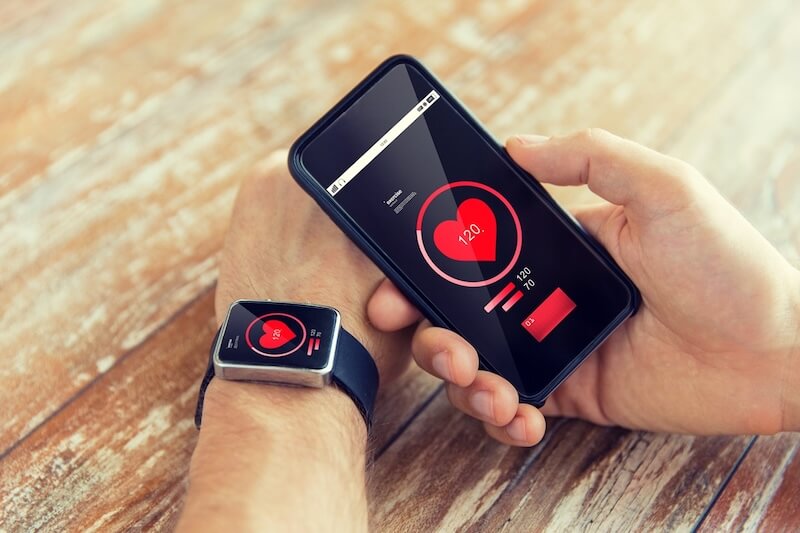A revolutionary development in wearable technology is allowing users to "feel" digital interactions in a way never before imagined. Researchers have engineered innovative devices that simulate realistic sensations, moving beyond simple vibrations to replicate the complexities of human touch. This new generation of wearable haptic technology promises to transform virtual reality, enhance accessibility for individuals with disabilities, and redefine how we interact with the digital world.
The key to this breakthrough lies in advanced actuators that can produce a wide range of tactile sensations. Unlike traditional haptic devices that rely on basic vibrations, these new wearables can simulate pressure, stretching, sliding, twisting, and even the textures of different materials. This is achieved through miniature components that apply controlled forces to the skin, mimicking the nuanced ways in which we perceive touch in the real world. Northwestern University engineers have recently unveiled a device using tiny magnets and wire coils in a nesting configuration, allowing it to exert force in any direction and combine sensations for a more realistic experience.
These compact, lightweight, and wireless devices are designed for seamless integration into everyday life. They can be worn on various parts of the body and connect wirelessly to smartphones, VR headsets, and other electronic devices via Bluetooth. The potential applications of this technology are vast and far-reaching.
In virtual reality, these wearables can create a truly immersive experience, allowing users to feel the texture of virtual objects, the impact of collisions, and the subtle sensations of interacting with a digital environment. This has profound implications for gaming, training simulations, and even social interactions in the metaverse. For individuals with visual impairments, this technology can provide a new way to "see" the world. By translating visual information into tactile feedback, these devices can help users navigate their surroundings, identify objects, and experience art and media in a more tangible way. Similarly, those with hearing impairments could potentially "feel" music through nuanced vibrations that convey the different tones and instruments.
Beyond entertainment and accessibility, this technology also holds promise for healthcare. Doctors could use haptic feedback to remotely examine patients, providing a more realistic sense of touch during virtual consultations. Individuals with prosthetic limbs could receive sensory feedback, allowing for more precise and intuitive control. The possibilities are seemingly endless.
While the technology is still in its early stages of development, the potential impact of realistic touch simulation is undeniable. As researchers continue to refine these wearable devices, we can expect to see even more innovative applications emerge, blurring the lines between the physical and digital worlds and creating richer, more immersive experiences for everyone.

















